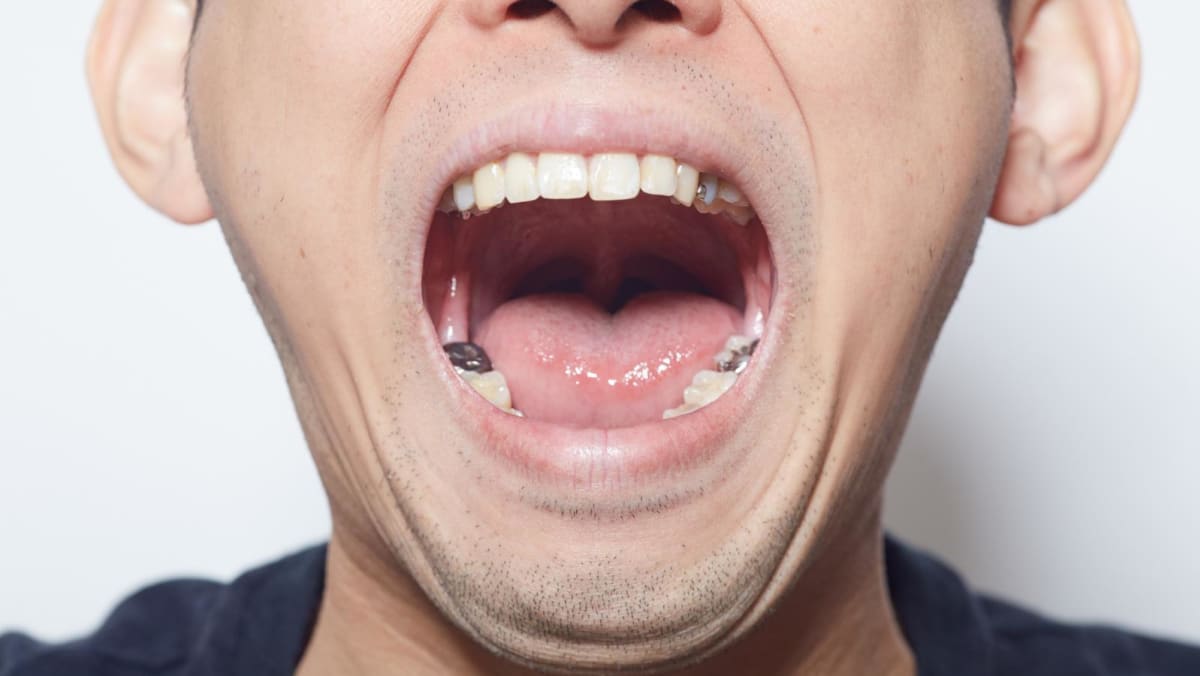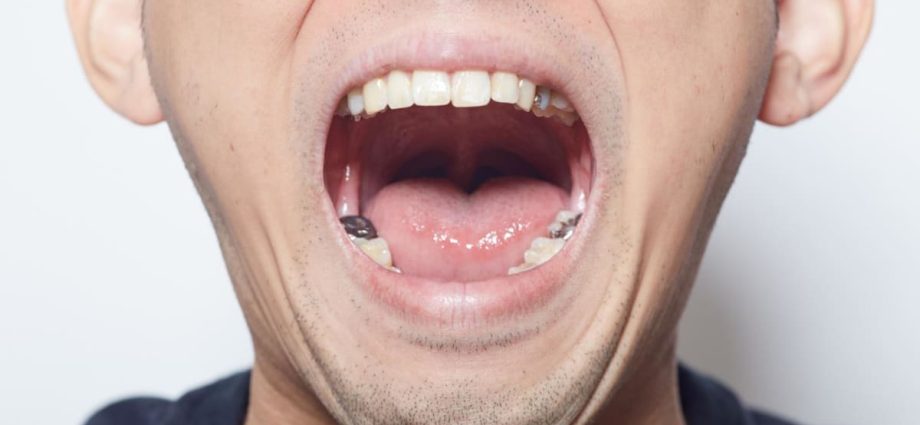
IS GOING TOOTHLESS A NATURAL PART OF GROWING OLDER?
A resounding “no”, said all the doctors that CNA Lifestyle spoke to.
Becoming toothless “is a common misbelief and I understand why many people might think that way, especially since tooth loss becomes more prevalent as people get older”, said Dr Kong Rui Ling, an associate consultant with National Dental Centre Singapore’s Department of Restorative Dentistry, Prosthodontic Unit.
Neglect, rather than age, plays a bigger role in tooth loss, said Dr Wong Li Beng, a senior consultant with Ng Teng Fong General Hospital’s Dentistry department. “We have seen patients with 28 healthy teeth well into their late 80s. Conversely, we have also seen patients in their 20s having fewer than 20 functional teeth due to neglect.”
His colleague, consultant Dr Madeleine Tan, agreed. “You can still have your full complement of teeth in your later years if you take good care of them.”
HOW MANY TEETH CAN YOU EXPECT TO LOSE IN YOUR LIFETIME?
Unfortunately, even with good dental care, “adults can lose anywhere from five to 10 teeth by the time they reach their late 60s or early 70s”, according to Dr Kong. And you’ll need to maintain at least 20 natural teeth for effective chewing, she said.
The teeth that you tend to lose are the molars, said Dr Lee Jun Sheng, the founder of Smilee Dental Clinic. “These are the large teeth at the back of the mouth that are responsible for grinding and crushing food.”
Dr Lee explained that there are several reasons for that: Difficulty in cleaning and the pressure they’re subjected to when chewing.
“Molars have more pits and grooves where food particles can get trapped, making them more susceptible to cavities,” he said. “Molars are also considered high-pressure zones as they endure 90 per cent of the chewing force. Heavy usage over the years can lead to cracks, decay and eventual tooth loss.”
Moreover, seniors with reduced dexterity caused by conditions such as rheumatoid arthritis, stroke or Parkinson’s disease may have difficulty cleaning the molars, said Dr Tan. It can also be challenging for caregivers to adequately brush a dependent senior’s molars, she said.
That doesn’t mean the incisors or front teeth are completely spared. “The incisors tend to be preserved longer because they are easier to clean and are less prone to the same issues, though they can still be affected by gum disease or trauma,” said Dr Lee.

